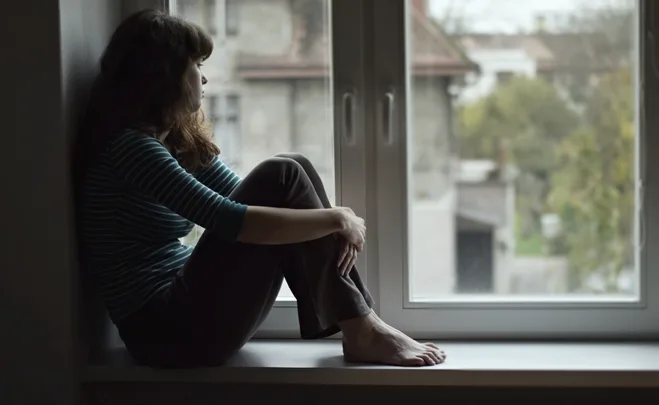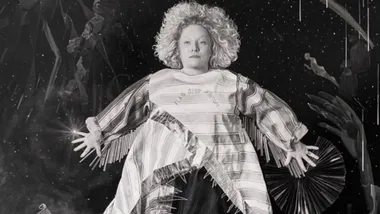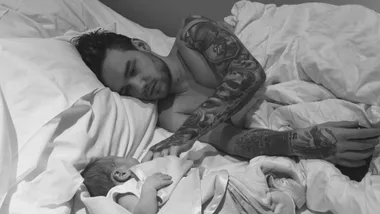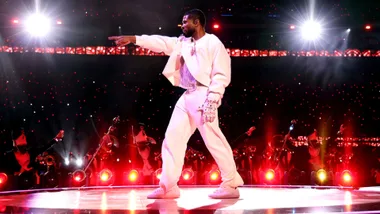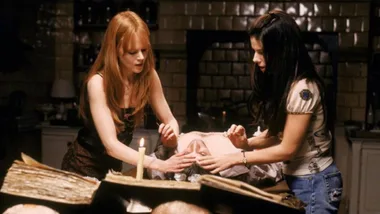My anxiety started with a boiling hot day and a large pint of cider. I remember it vividly, right to the prickling feeling of the hot sun beaming onto my pale freckled skin. I was sitting with friends at a bar in Queenstown, New Zealand. We were 19-years-old and ready to ring in the New Year.
Up until that fateful three-day trip away with my closest friends, I felt like a normal teenager. I was free and excited for what was to come during our New Year’s jaunt in one of the busiest tourist hubs in the country.
But that sweet sickly taste of the cider, combined with the hot sun and the possibility of the unknown manifested itself into something a little more sinister for me. As I sat there, my whole body began to feel an eerie tingling, dizzying sensation, like I was about to faint, or throw up, or black out, or all of the above. That feeling never left me.
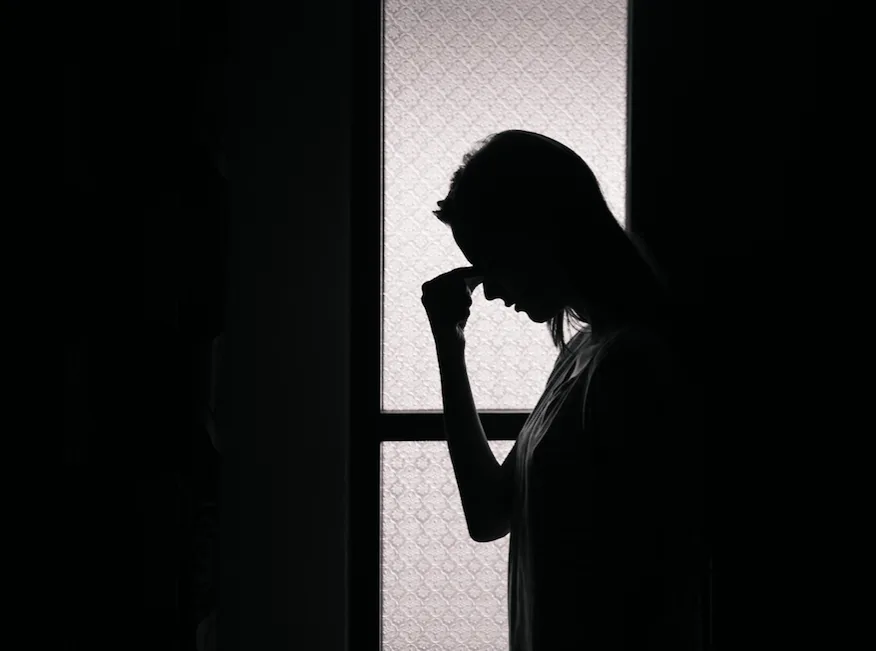
Later, I would discover this is the initial fight or flight response our bodies undertake when feelings of deep anxiety crop up. But until that trip, I hadn’t ever believed that anxiety was something that affected me.
As my friends gallivanted across the ski town without a care in the world for three days, I was either lying in foetal position in my hostel bunk bed willing myself to stop my brain from whirring, or I was forcing myself to go out with them and desperately trying to hide the fact that I was running to the bathroom to throw up every hour.
In the years that followed, anxiety would creep up on me at unexpected moments. There was the time I had a panic attack while driving down a busy suburban road, forcing me to swerve to the curb and sit at the wheel watching my vision swirl before me, feeling terrified it would never end. There was a University event where I had to duck to the bathrooms every five minutes to spew. There was one, godforsaken time where I literally threw up in my mouth during a shift at my part time café job. I stood there terrified at what to do, so I did the only thing I could think of that wouldn’t make the matter worse—I swallowed it before anyone would realise (I know, gross).
Strangely enough, my anxiety seemingly stopped when I finished University and moved away from my home city. Obviously this mental illness affects everyone differently, and there is no one-solution for all. But oddly, its sudden disappearance served a comfort to me—anxiety can clear out as fast as it arrives.
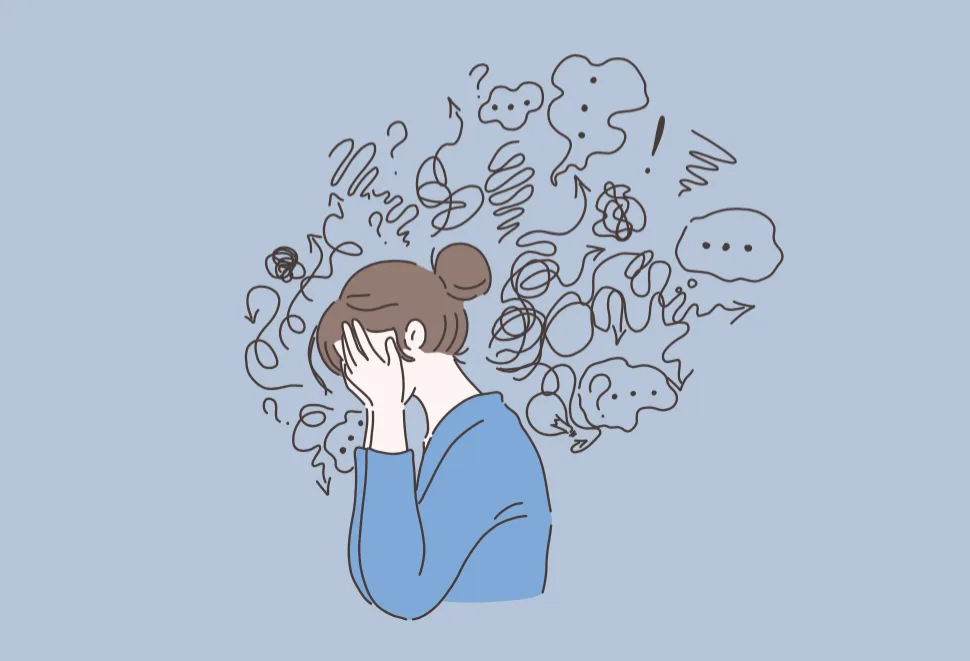
But of course, my story didn’t end there. Like many others, the not-so-little global pandemic was easily enough to trigger my long-lost anxiety once again. Only this time, it returned in a different way.
It was March 2020, and like many others, I was overwhelmed with uncertainty and at a loss for what my life would look like at any given day. I feared for my health, I feared for my job and I didn’t know when I’d see my family again.
And like many others, I was hyper conscious of my physical wellness. Did I just dry cough? Did I actually taste my lunch? COVID-symptom-watching was rife.
When things were at a peak during that first lockdown, my anxiety decided to grandly re-enter my life with gusto. But it was different—it came in the form of a rip roaring headache. Beginning at a point above my eyes and reaching all the way around my skull, it pounded for days on end.
The pain was only fuelled by the fact that my headache was in itself a potential COVID symptom. That fear in my brain fuelled the anxiety, my head pounded harder.
The trigger had once again been pulled, and I began to notice other, new symptoms of anxiety seep their way back into my life over the next few months.
The headaches continued. My brain would feel confused and muddled, especially when faced with social situations. I picked my fingers to oblivion. I would wake up feeling like someone was pressing on my chest—nothing like the symptoms I experienced 10 years ago.
Nope, no traditional panic attacks, nor tummy flips or dashing to the loo’s for an anxiety spew.
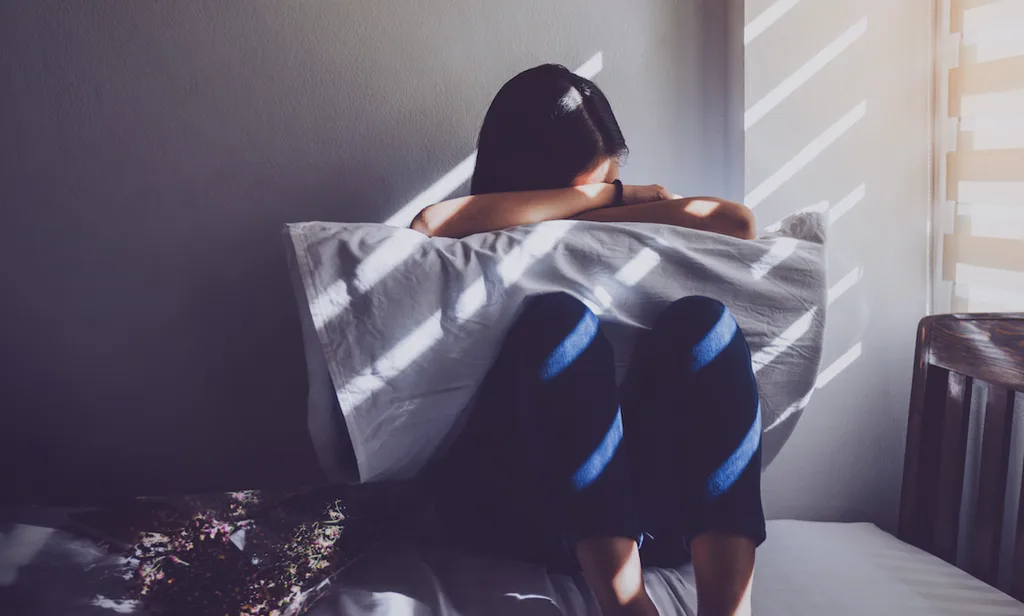
Perhaps it’s age, or perhaps it’s just the unpredictability of anxiety—whatever it is, the differing manifestations of it have made me realise that struggling with this mental illness is no joke. It’s complex, it’s unrelenting and it’s different every time. But one thing remains the same: It’s okay to accept that. Only then can you find a way to manage, and move on from it.
For me, my acceptance came when I finally decided to see a psychologist last year, undoubtedly one of the best decisions I’ve ever made for myself. Like a friend explained explained to me—you’d pay a bunch of money to go to a gym for a healthy body, why don’t you do the same for your mind as well?
So whether you’ve felt something as subtle as feeling a little weak at the knees, or maybe you’re increasingly distracting yourself in endless Instagram doom scrolls, or maybe you’re picking at your fingers like me—don’t ignore it if it’s becoming a problem.
Yes, your symptoms of anxiety might be less severe, or less common than someone who suffers three panic attacks per day, but that’s no reason to sweep it under the rug, or feel like yours is any less valid.
The plain and simple fact is that right now, struggles with mental health are not only understandable, but completely relatable—there’s a good reason why the word ‘languishing’ is trending right now. Stemming from a New York Times article, the sensation is one likened to a feeling of hopelessness.
That’s what anxiety breeds on—feelings of uncertainty and the unknown. It’s exactly what happened when I was away on that Queenstown trip all those years ago. It’s exactly what happened to me in March 2020.
No matter how it manifests, it’s real. Don’t discount your feelings, and please, don’t feel afraid to talk about them. Chances are, your peers will relate to them more than you’d expect.
